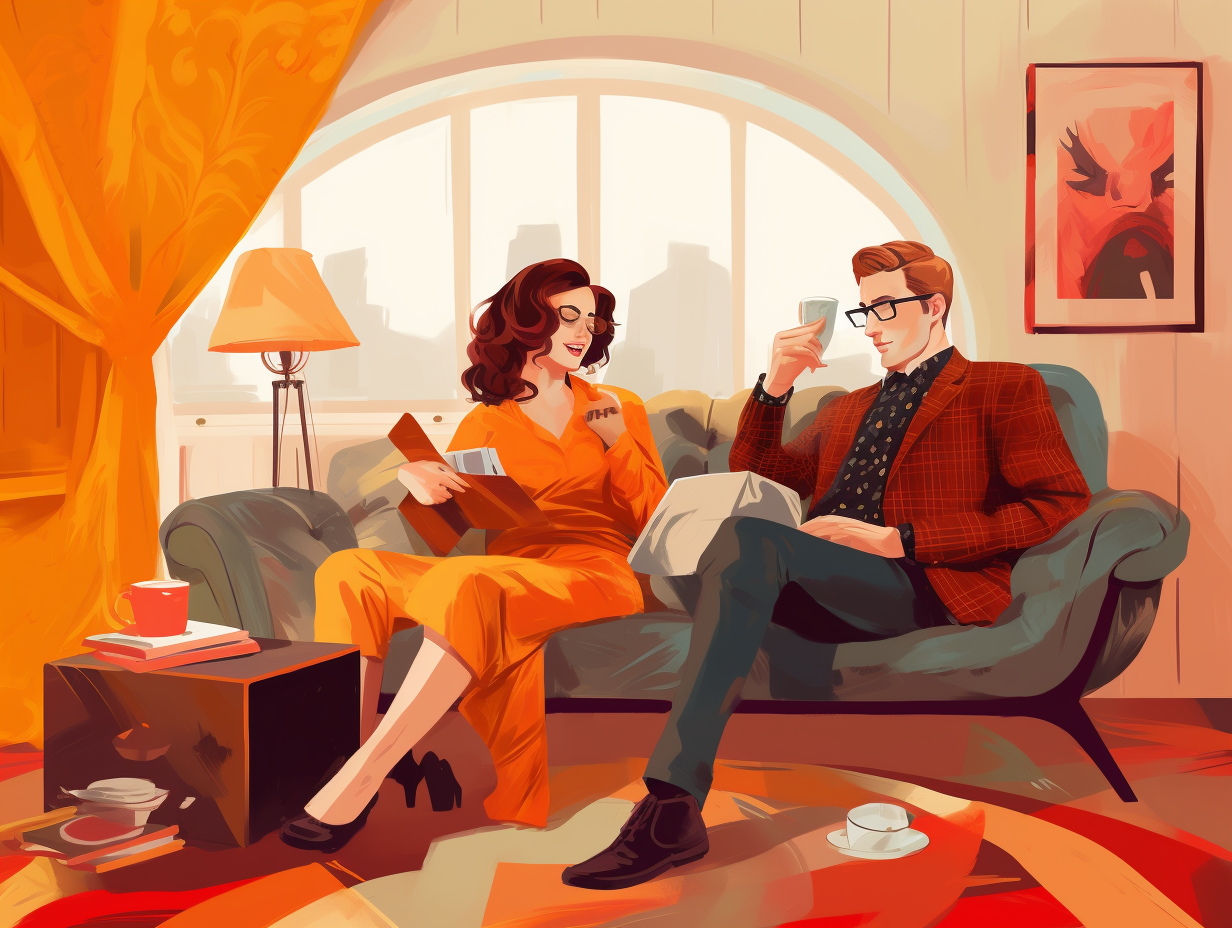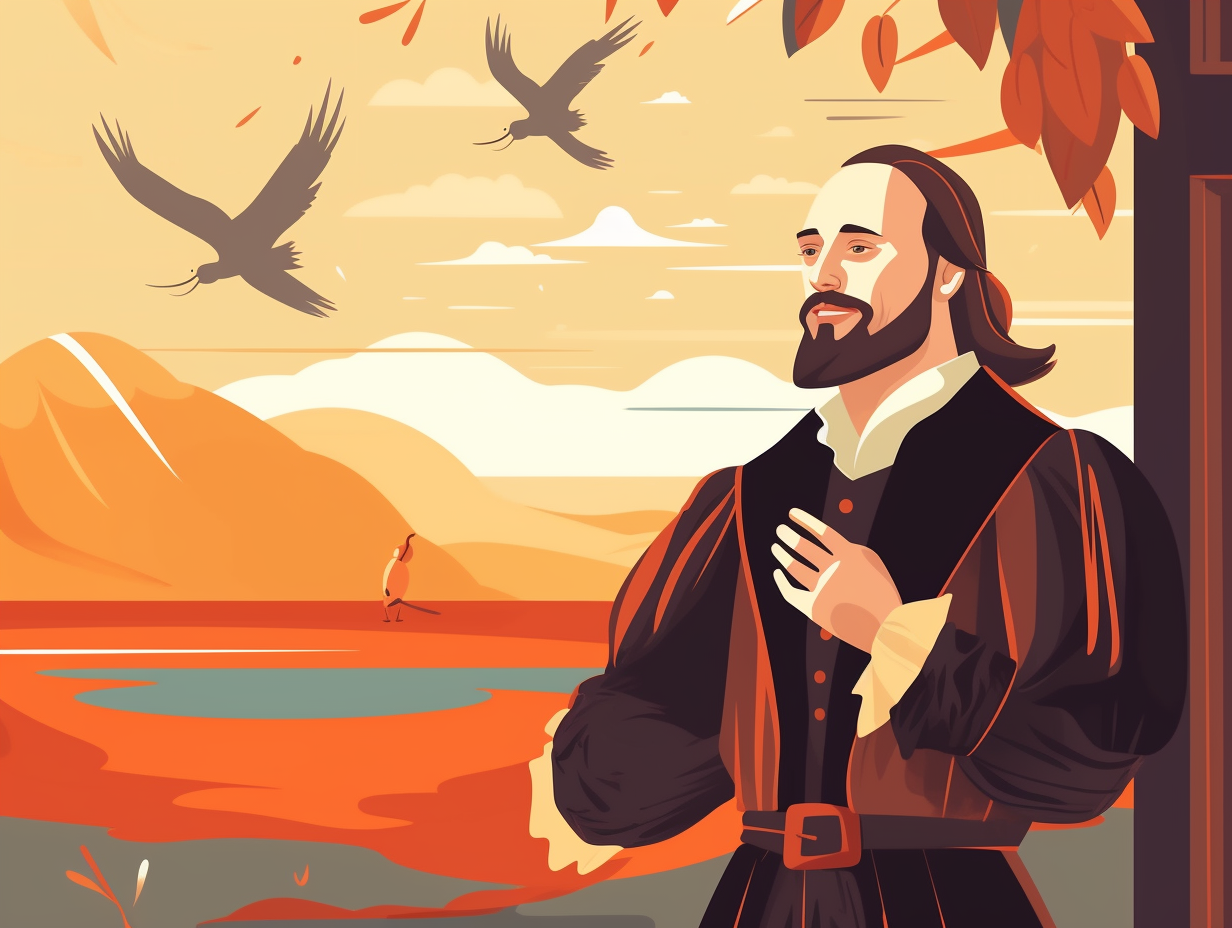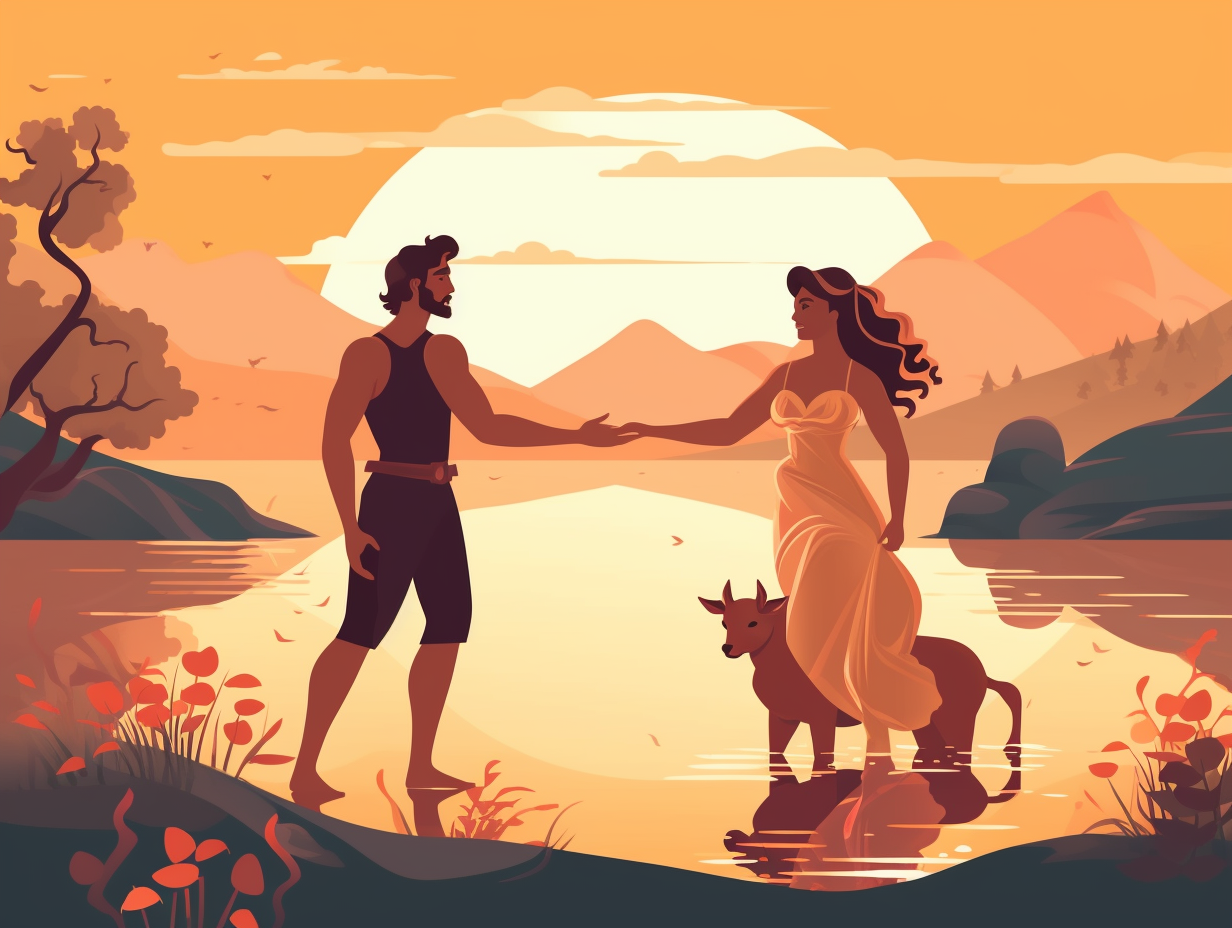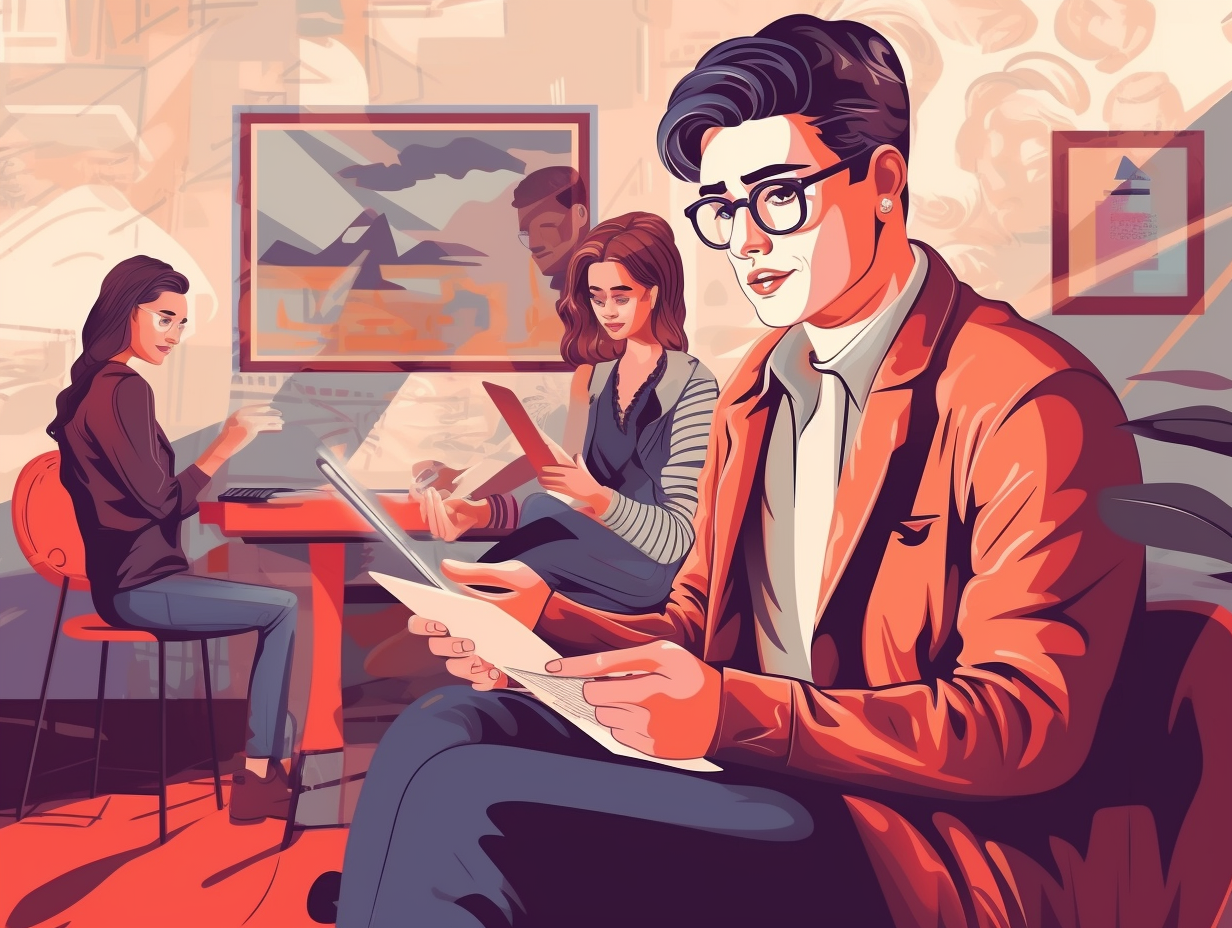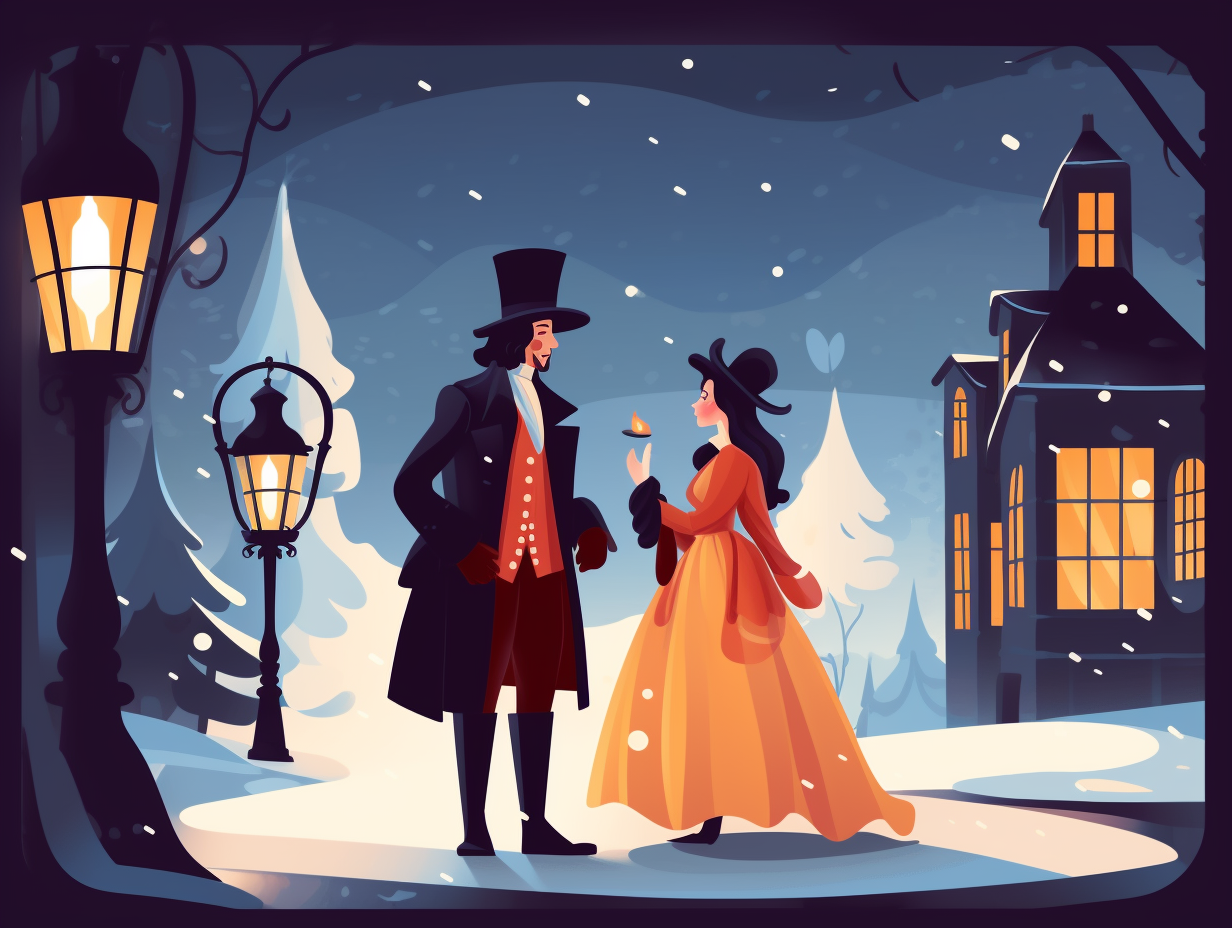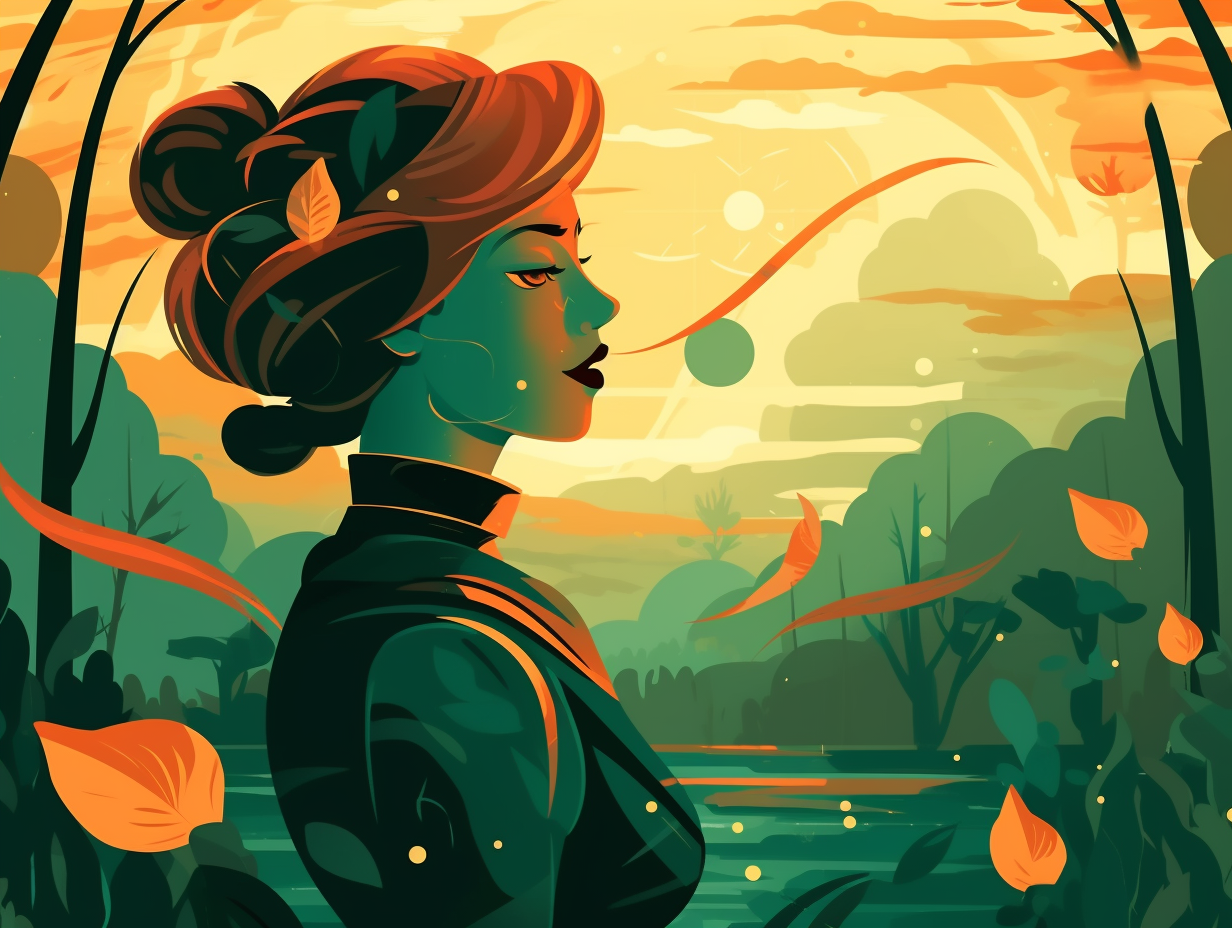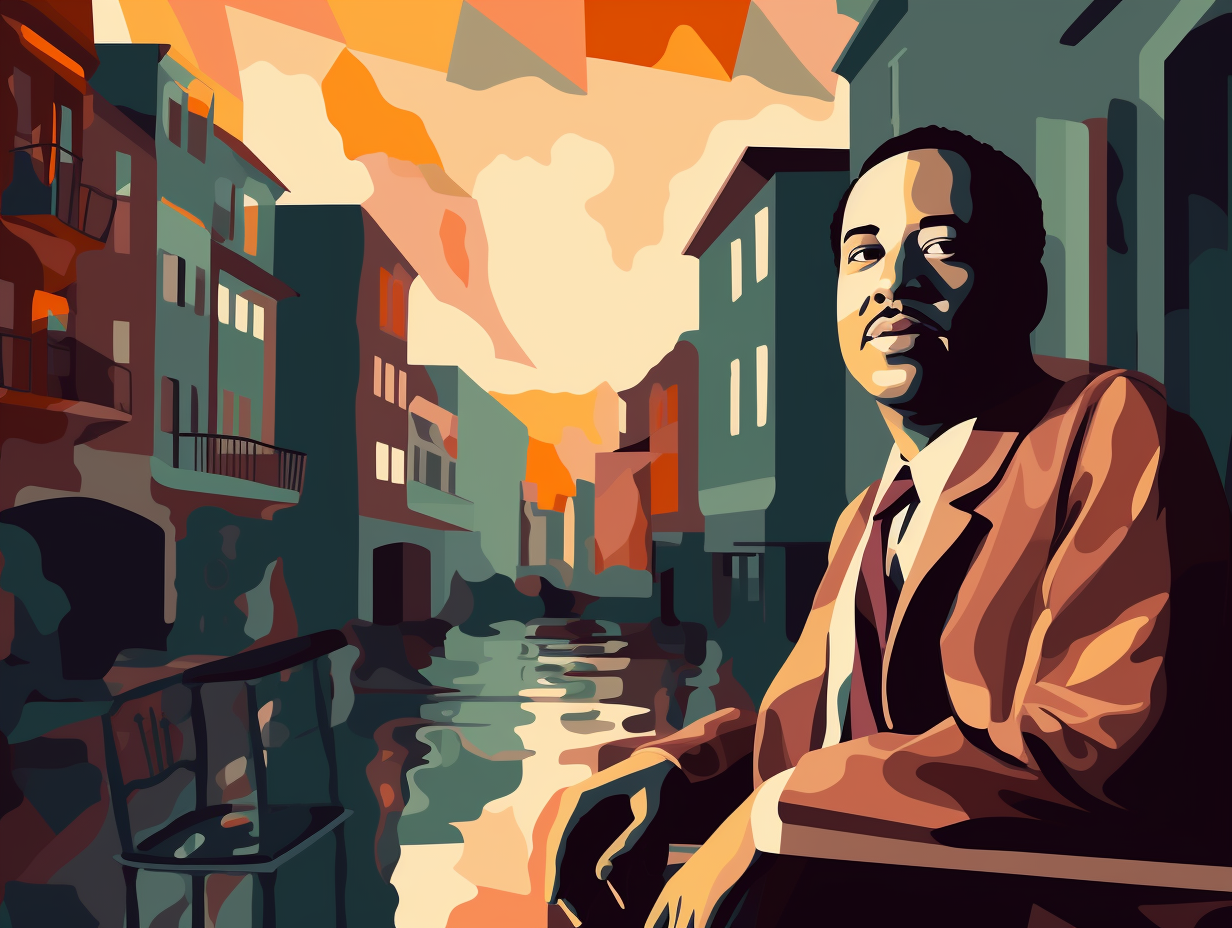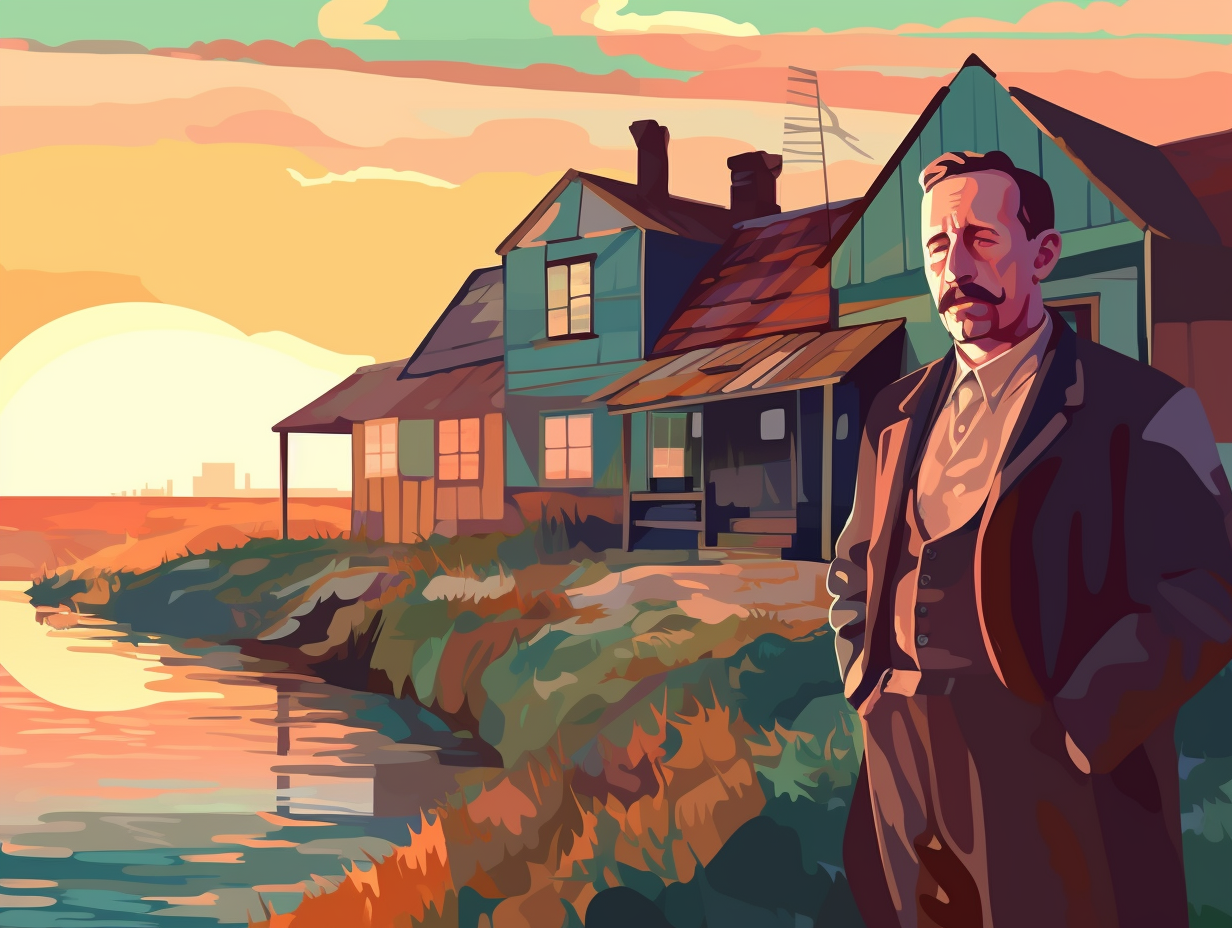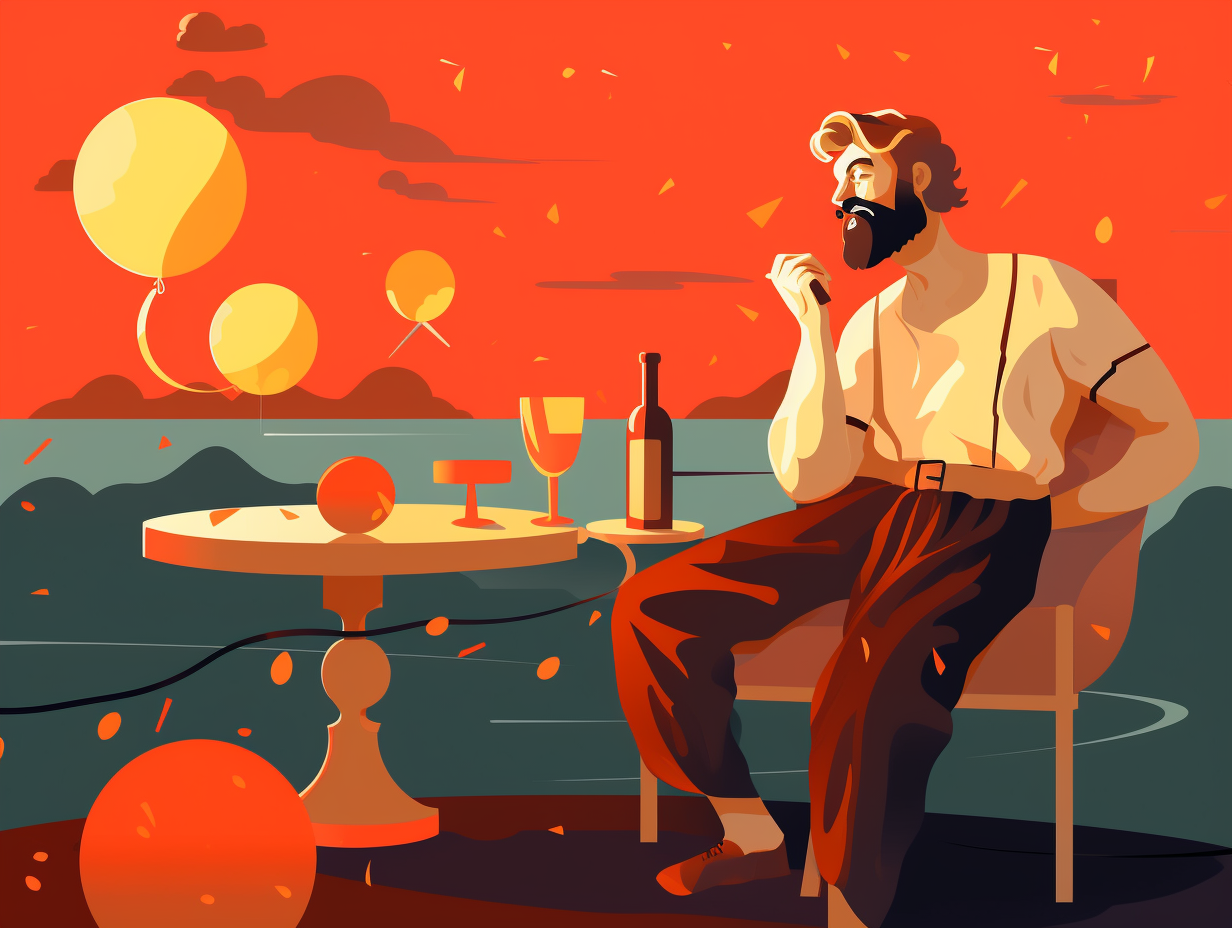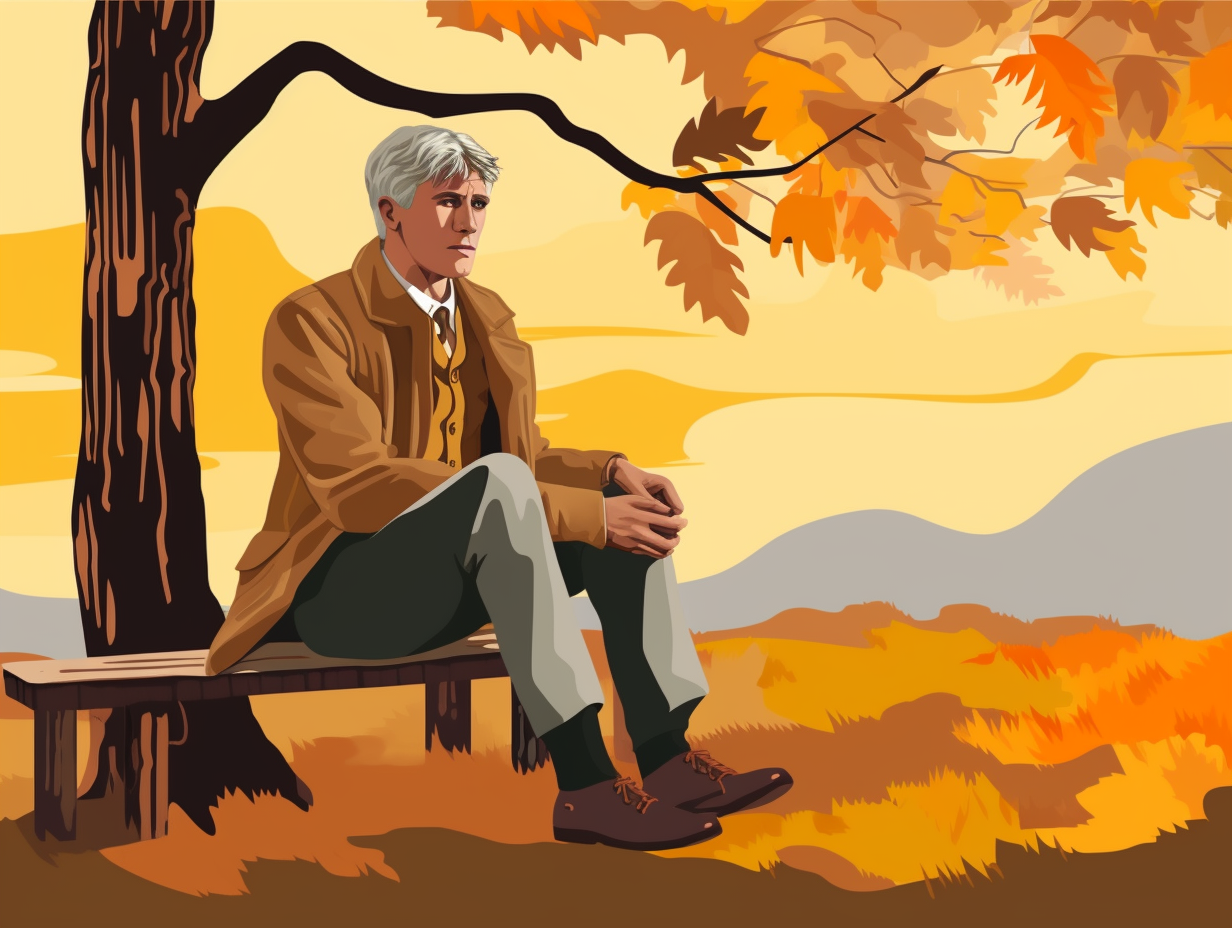Discover the Literary World: Top 9 Unbelievable Fun Facts About Literature You Never Knew!
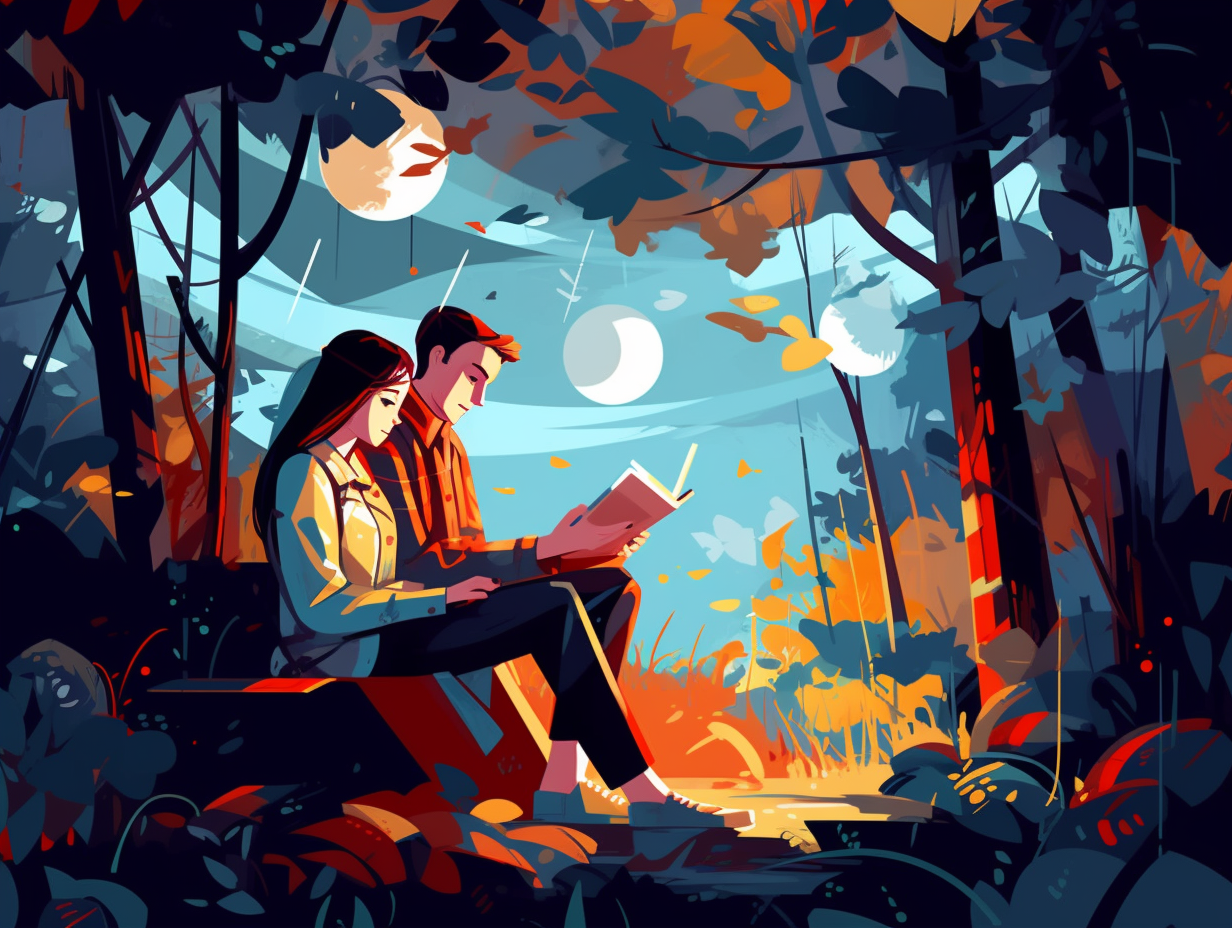
1. Zodiac Killer & "The Most Dangerous Game"
Before Hunting Humans was a reality TV pitch deemed "too edgy" for primetime: It is suggested that the Zodiac Killer took inspiration for his tragic attack on Bryan Hartnell and Cecelia Shepard in 1969 from the 1932 movie adaptation of Richard Connell's short story "The Most Dangerous Game". This connection is based on a known suspect, Arthur Leigh Allen, who allegedly mentioned "hunting people" and Connell's story in conversation with someone else, though there's no record of the killer directly referencing the story in his letters.
Source => mk-zodiac.com
2. Dr. Seuss: Hat Collector Extraordinaire
Talk about a hat trick: Dr. Seuss was a passionate hat collector, amassing 26 historic and unique hats over six decades! His whimsical collection eventually toured as the Hats Off to Dr. Seuss! exhibit, which showcased original artwork inspired by his assortment and even kept company with his concealed treasure trove of secret paintings in his La Jolla home.
Source => npr.org

Did you know the world's smallest printed book, "Flowers of the Four Seasons," measures a tiny 0.74 x 0.75 mm? Discover this minuscule marvel at the Toppan Printing Museum in Tokyo, Japan! 📚🔎
=> Fun Facts about Books
3. Hemingway's Pugilistic Literary Rivalry
When Ernest Hemingway wasn't busy forging the art of brevity, he had quite a pugilistic literary rivalry to mull over: In 1937, at Scribners' publishing house, Hemingway engaged in a physical altercation with critic Max Eastman, stemming from a strained relationship due to Eastman's 1933 review of Hemingway's "Death in the Afternoon" in The New Republic, though contrary to popular belief, it was not over a suggestion of Hemingway's impotence.
Source => boatagainstthecurrent.blogspot.com
4. Shakespeare: The Ultimate Word Inventor
Did the first dictionary play second fiddle to Shakespeare, or were they neck-and-neck at the literary finishing line? Hold on to your ruff collars: Shakespeare introduced over 1,700 new words to the English language through his plays and sonnets, making him the ultimate wordsmith and giving the English language a growth spurt like no other!
Source => thecommonplace.blog
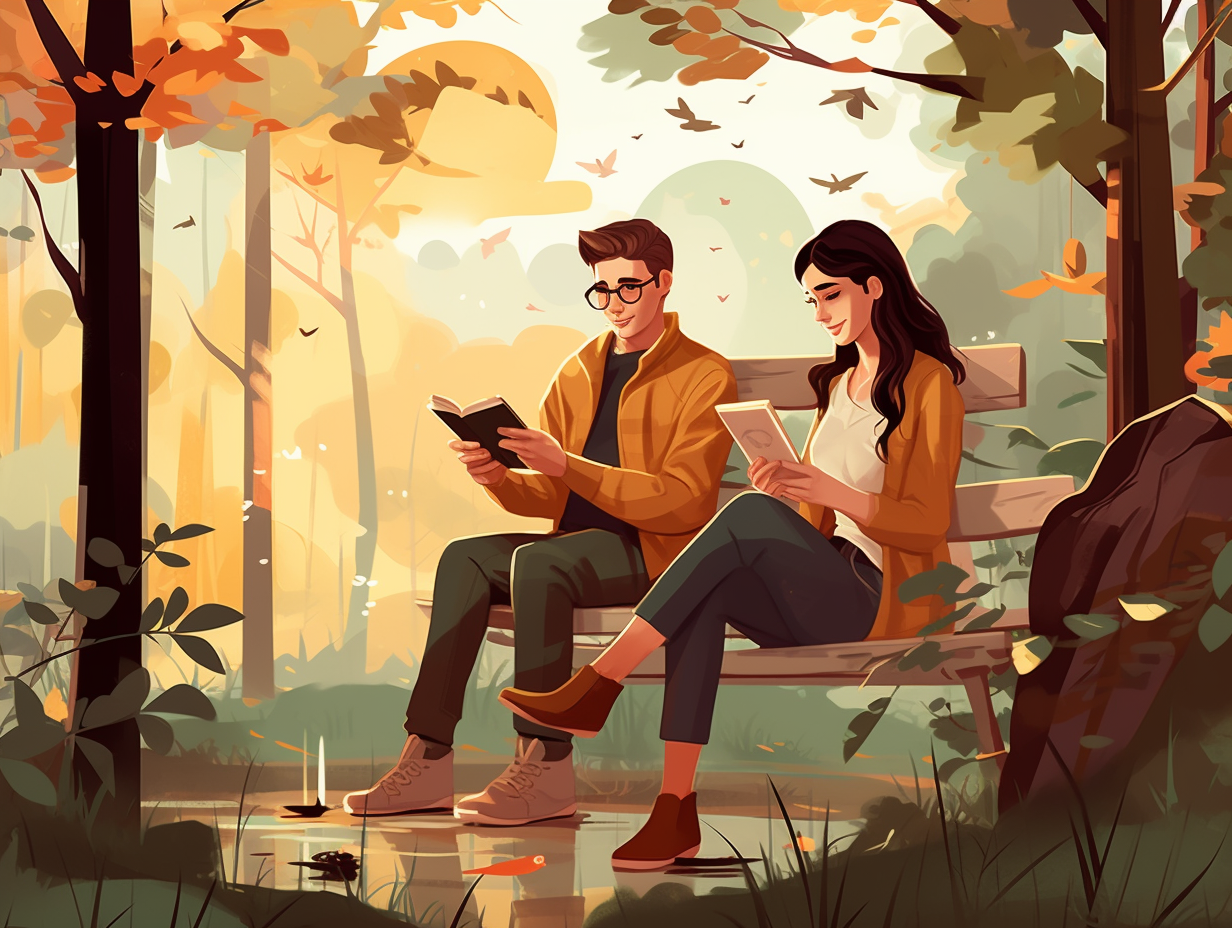
5. Brontë Sisters' Tiny Fantastical Manuscripts
Lo and behold, the Brontë sisters were not catering to their tiny toy soldier audiences with itty-bitty books for miniaturized bedtime stories - oh, the thought is quite laughable! In all seriousness, though: Charlotte Brontë's minuscule manuscripts were part of the Brontë juvenilia, an extensive collection of creative works written by the siblings between 1826 and 1848, set in fantastical realms like Glass Town, Angria, and Gondal, paving the way for their literary careers.
Source => brontebabeblog.wordpress.com
6. Stevenson's Wife Rejects "Dr. Jekyll and Mr. Hyde"
When Robert Louis Stevenson's wife played the role of an old-school Simon Cowell, she hit the reject button on his chilling tale: little did she know that "Strange Case of Dr. Jekyll and Mr. Hyde" would climb the charts to bestseller status, save him from a debt-ridden American Idol audition, and even inspire pastors to swipe right on sermons at countless pulpits worldwide.
Source => theguardian.com
7. Mary Shelley's Frog-Driven Inspiration
Who knew that mad scientists and frogs would make such an electrifying combo? Mary Shelley did, as she cooked up the concept of Dr. Frankenstein after a jumpin' good time discussing dissected frog leg jamboree with Lord Byron: Shelley's fascination with galvanism—Luigi Galvani's discovery that electricity prompted muscle contractions in dead amphibians—inspired her iconic character in "Frankenstein," making her 1831 preface to the novel a dazzling dedication to electrifying ideas.
Source => smithsonianmag.com
8. Gatsby's Elusive Title Journey
Before Jay Gatsby could throw lavish soirees and introduce us to shirt-throwing-tantrums, F. Scott Fitzgerald faced the real struggle: titles as elusive as the green light across the bay. The roaring '20s writer nearly christened his bestseller "Among the Ash Heaps and Millionaires" or "Gold-Hatted Gatsby" before a eureka moment struck: The titular character's impressive stature in both physique and aspirations led to the iconic title we now know, "The Great Gatsby."
Source => en.wikipedia.org
9. Agatha Christie's Poisonous Debut
When Agatha Christie isn't busy volunteering at a hospital dispensary, she's probably concocting a sinister plan to murder... her debut novel's victim, of course: As it turns out, her knowledge of medicines from her time as a volunteer during World War I led to poison being the central method of murder in "The Mysterious Affair at Styles," which, after six rejections from publishers, finally found its way into the hands of eager readers and eventually adapted for television and radio.
Source => agathachristie.com
Related Fun Facts

